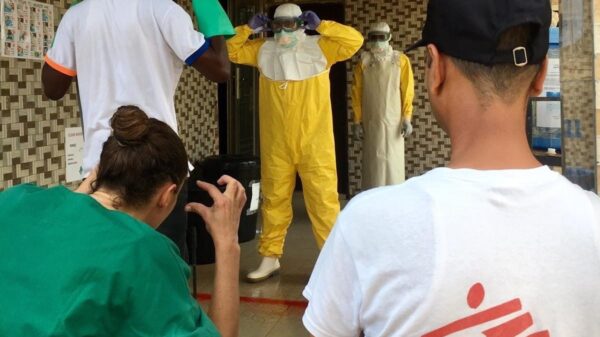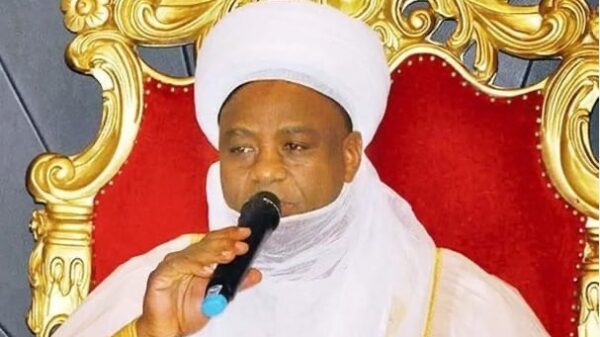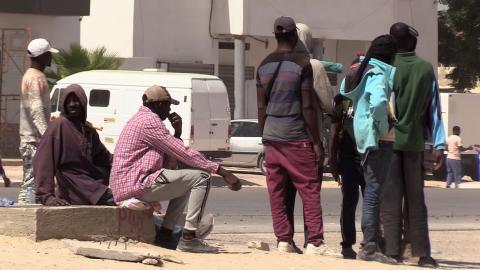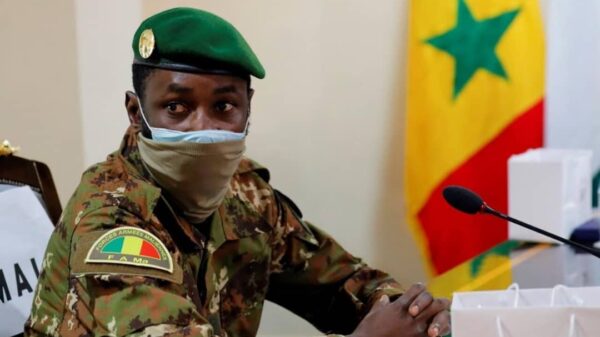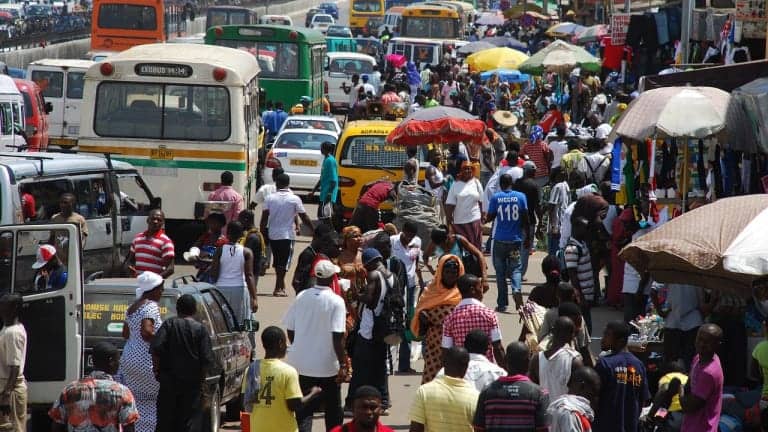By Adnan Adams Mohammed
Ghana’s economy may be heading into recession, if the government is unable to secure the US$3billion Extended Credit Facility from the international Monetary Fund, (IMF).
The government is hoping on the U$3billion to enable it improve on its balance of payment, shore up it’s reserves as well as stem the speed depreciation of the cedi.
The delay in securing the approval from the Executive Board of the Fund has put most of the economic indicators off gear.
Economy Times has learnt that the indicators will improve and things will stabilize as soon as the IMF approves the program. The cedi will appreciate sharply and inflation may also begin to ease sharply, although it increased to 54 percent last year.
However retail prices of most consumption items will remain high, this is because of the new taxes and also due to inertia. There could be some dampening in economic activity but the signaling effect of the fund program could stem the decline.
Fitch, one of the international rating agencies in its latest report on Ghana has disclosed that International Monetary Fund (IMF) support for Ghana will likely depend on the government’s ability to show a path towards bringing the present value of debt to 55% of Gross Domestic Product (GDP) over the forecast horizon on the basis of the IMF/World Bank debt sustainability analysis.
According to Fitch, the government must also show the ability of official bilateral creditors to provide financing assurances in the context of the Common Framework external debt restructuring that authorities have requested.
But according to the Economic Intelligence Unit, “we expect the Fund’s Executive Board to approve the US$3bn deal by mid-2023”.
Ghana is undergoing domestic and external debt restructuring, which will continue in the near term, and is in urgent need of IMF support.
Although discussion has started among some official creditors, the official creditor committee, responsible for providing the financing assurances, has not been created yet.







